The dangers of high intensity exercise
Recently, the sudden death of a V-League referee during a morning physical test shocked many people. Accordingly, during the endurance test of running 10 laps of the field (equivalent to 4km), the male referee fainted in the 7th lap and did not survive despite timely emergency care.
A few days earlier, a 20-year-old man in Hanoi also suddenly lost consciousness and suffered cardiac arrest while exercising at the gym. Doctors applied hypothermia techniques and provided intensive care for many days.
The above cases are warnings of the major health risks of strenuous exercise.
Dr. Phan Tat Khanh Duong, Department of Internal Medicine, Saigon South International General Hospital (HCMC), said that strenuous physical exercise - whether indoors or outdoors - if not done properly can lead to serious consequences.
Some serious arrhythmias such as Brugada syndrome, long QT syndrome or idiopathic ventricular fibrillation can cause sudden cardiac arrest without warning. These conditions are often associated with genetic abnormalities and can only be detected through intensive cardiovascular screening.
The American Heart Association (AHA) estimates that sudden cardiac arrest accounts for about 356,000 cases per year in the United States, of which 5-10% occur in people under 35 years old, often related to strenuous exercise.
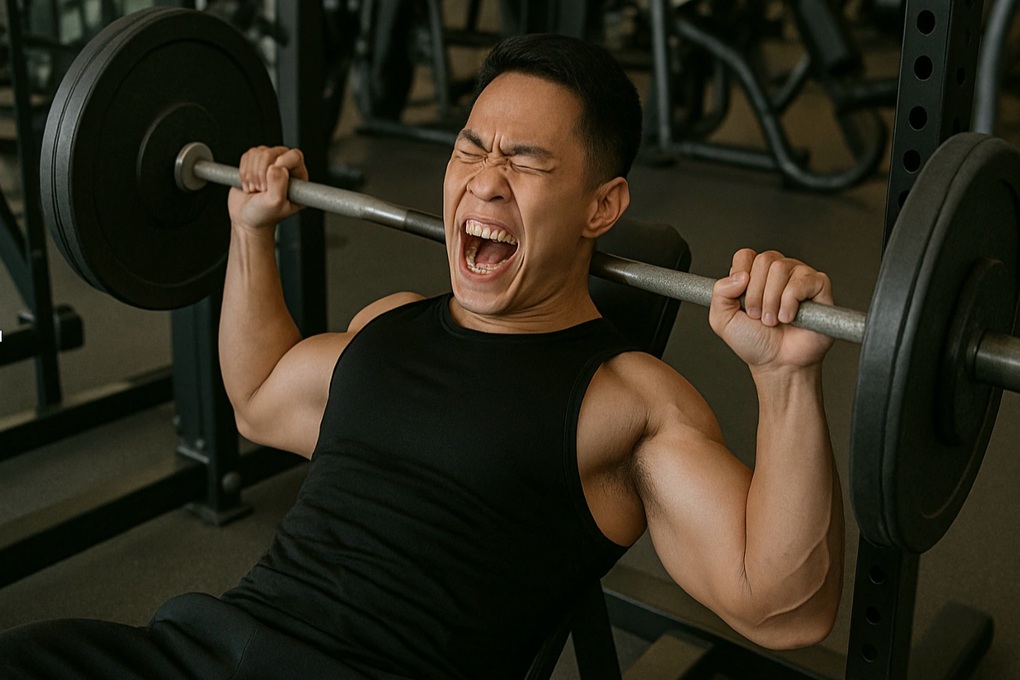
Overtraining can cause many negative health consequences (Illustration: BVCC).
How much is too much?
It is recommended that adults should exercise about 5 hours/week at moderate intensity or 2.5 hours at high intensity. Children and adolescents (6-17 years old) should exercise about 60 minutes/session, at least 3 times/week. Exercising beyond the limit without adequate rest can easily lead to physiological overload.
During high-intensity exercise, the heart rate increases (up to 150-200 beats/minute), and the need for oxygen increases 4-6 times compared to resting. If the body lacks water, electrolytes (sodium, potassium) or has underlying cardiovascular disease, the circulatory system cannot respond in time, leading to myocardial ischemia, arrhythmia, or cardiac arrest.
According to Dr. Duong, when encountering the above situation, the ability to save the patient's life depends largely on the first "golden 15 minutes" of proper handling. When exercising , it is necessary to pay attention to warning signs such as dizziness, headache, prolonged cramps, abnormally fast heartbeat or feeling short of breath.
“If you experience chest pain that lasts for more than 10-15 minutes or is accompanied by difficulty breathing, you should stop exercising immediately and go to a medical facility for timely examination, because it could be a sign of a serious condition such as arrhythmia, myocardial infarction, or other vascular events,” Dr. Khanh Duong emphasized.

Doctors at South Saigon International General Hospital provide health advice to people (Photo: BVCC).
5 Safety Tips for High Intensity Training
Summer weather with high temperatures and high humidity also increases the risk of heat stroke, dehydration and sudden cardiac arrest if the body is not well prepared. Dr. Duong recommends 5 safety principles when exercising.
First, get a regular physical exam before exercising. Get a cardiovascular screening, especially an electrocardiogram (ECG), to look for potential arrhythmias such as Brugada syndrome or long QT.
Second, replenish fluids and electrolytes before, during, and after exercise. For exercises lasting longer than an hour, use a sports drink containing minerals and a little sugar to replace electrolytes. Avoid drinks containing caffeine or alcohol, which can increase dehydration.
Third, increase intensity gradually. Always warm up for at least 5-10 minutes before exercising and stretch afterward. Start with light exercises and gradually increase the intensity to allow your body to adapt, especially when participating in fitness tests or intensive training. Avoid sudden exertion, such as running 4km continuously without preparation.
Fourth, choose the right clothes and environment. You need to wear breathable, moisture-wicking clothes, even when exercising indoors. Make sure the gym or exercise area is well ventilated to avoid stuffiness.
Fifth, listen to your body. Stop immediately if you feel unusually tired, dizzy, or short of breath. Prioritize indoor sports such as swimming, yoga, or the gym to easily control the training environment, especially when the weather is not favorable.
Doctor Khanh Duong, Department of Internal Medicine, Saigon South International General Hospital (HCMC), affirmed that regular cardiovascular screening is very important, especially for people who regularly exercise at high intensity, people over 40 years old and people with a history of heart disease.
This is an effective way to detect early abnormalities in genes or heart structure, so that timely prevention can be proactive.
Source: https://dantri.com.vn/suc-khoe/hiem-hoa-tu-van-dong-the-luc-cuong-do-cao-20250817102553861.htm



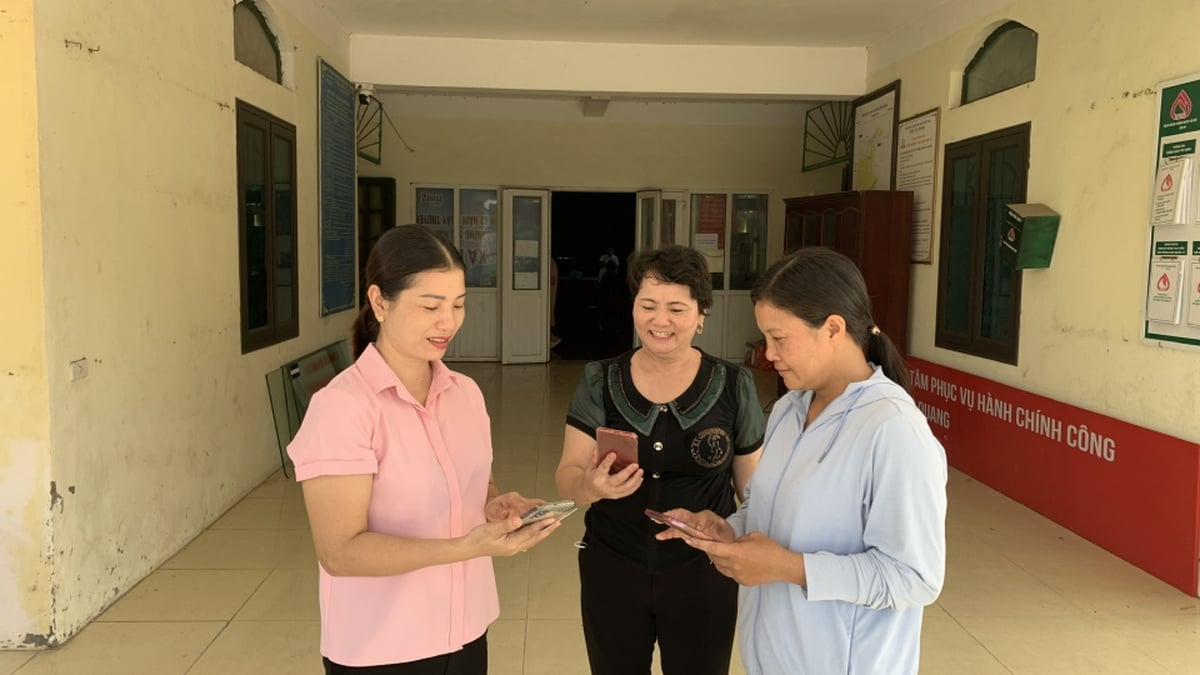


















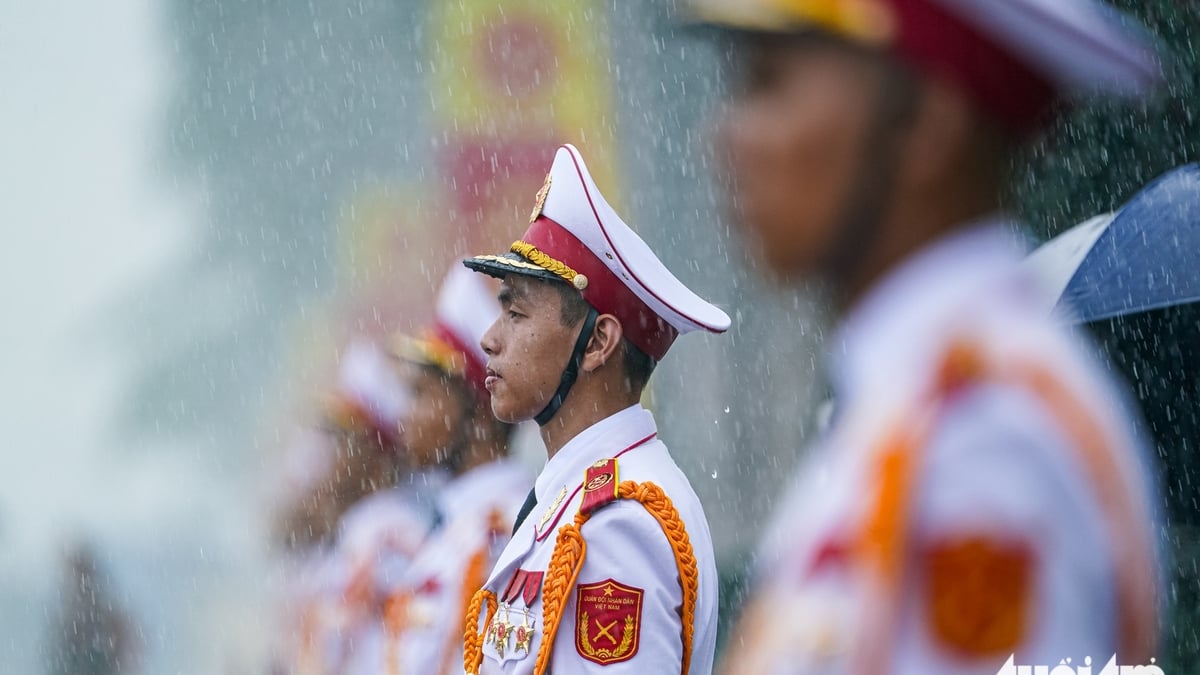








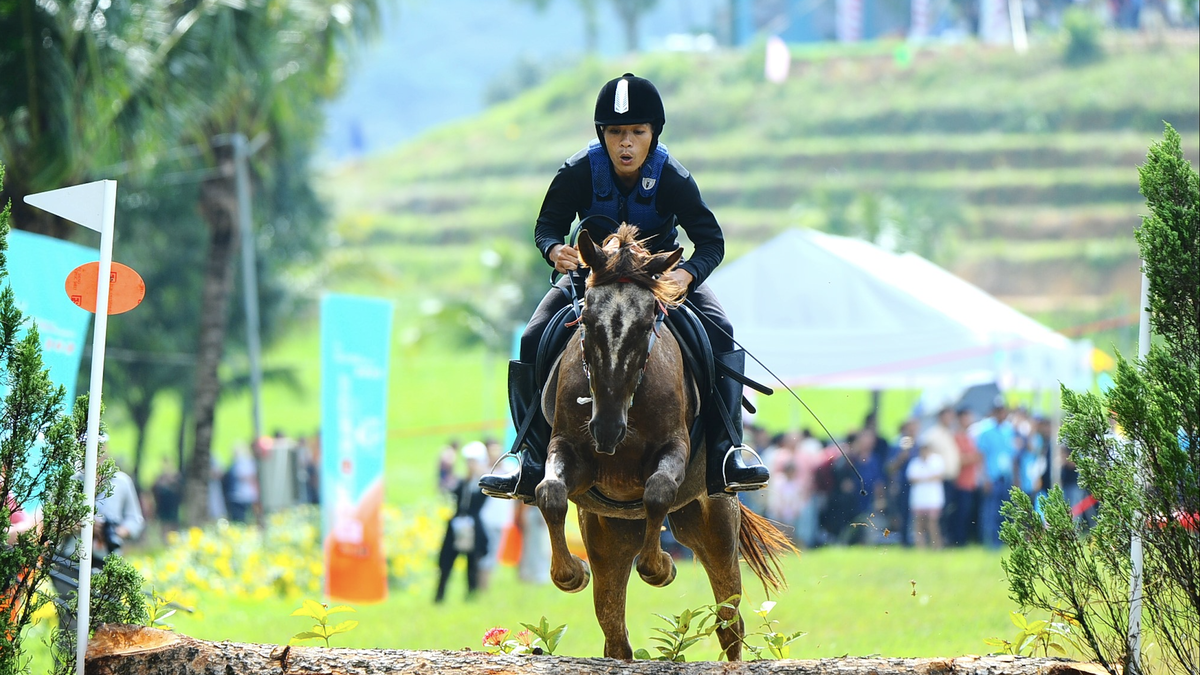






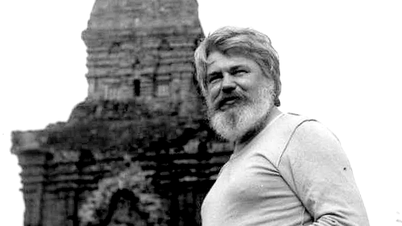










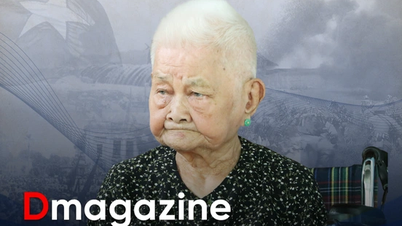















![[Photo] Party and State leaders visit President Ho Chi Minh's Mausoleum and offer incense to commemorate Heroes and Martyrs](https://vphoto.vietnam.vn/thumb/402x226/vietnam/resource/IMAGE/2025/8/17/ca4f4b61522f4945b3715b12ee1ac46c)


![[Photo] General Secretary To Lam and other Party and State leaders attend the ceremony to celebrate the 80th anniversary of the Vietnam People's Public Security Forces' Traditional Day.](https://vphoto.vietnam.vn/thumb/402x226/vietnam/resource/IMAGE/2025/8/17/1f782c0c9f37400d86b29aefbd8a891b)







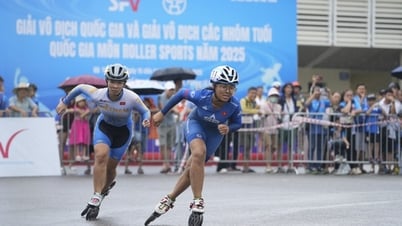























Comment (0)